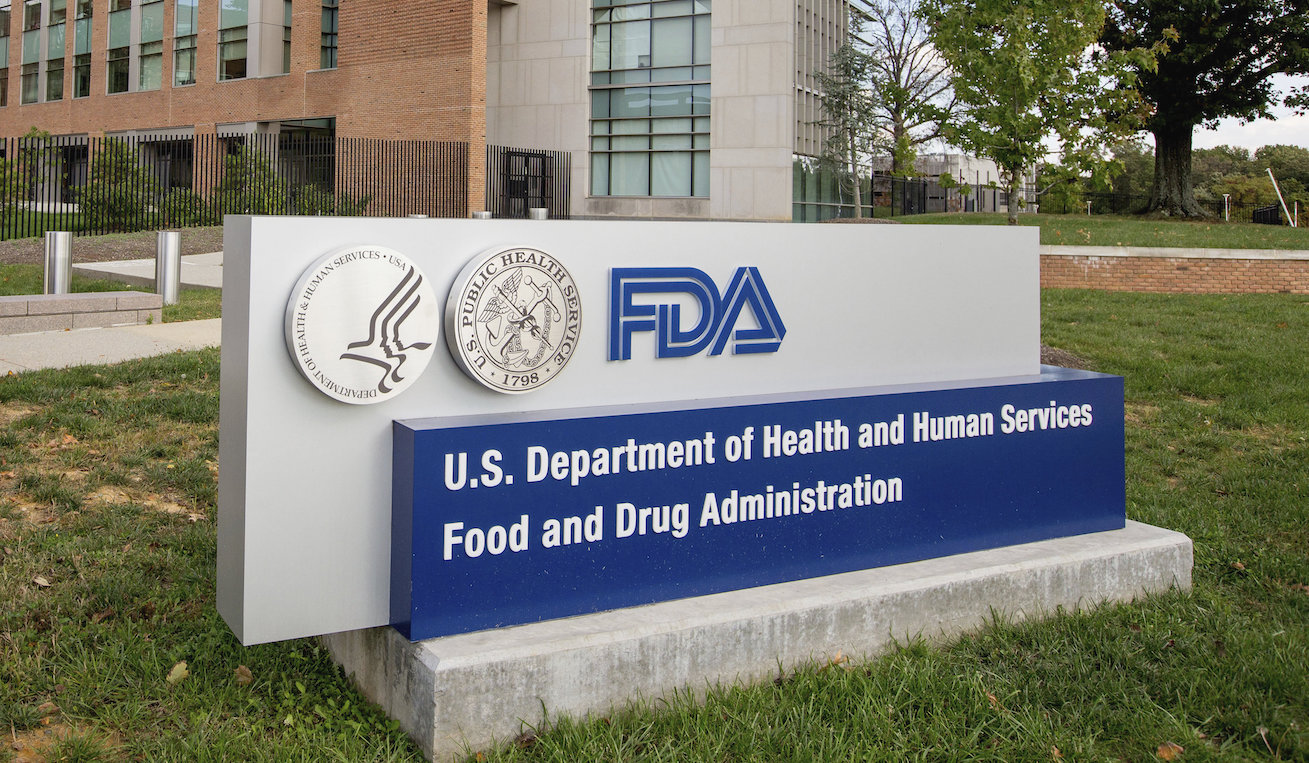The Food and Drug Administration (FDA) is planning to allow monogamous gay and bisexual men in the U.S. to donate blood without abstaining from sex. Advocates say it’s an important step—but that it doesn’t go far enough.
On Wednesday, the Wall Street Journal reported that the FDA is drafting new guidelines that would allow monogamous gay and bisexual men to donate blood anytime, according to people familiar with the plan. Currently, sexually active gay and bisexual men must abstain from sex for three months before they’re allowed to donate blood. The proposed change would replace this deferral period with an individual risk assessment, the efficacy of which has been the subject of a recently concluded FDA-funded study.
In a statement, the FDA said it believes the findings of that study “will likely support a policy transition to individual risk-based donor screening questions for reducing the risk of HIV transmission.” They did not provide a specific timeline for implementation, but said that they “anticipate issuing updated draft guidance in the coming months.”
According to the sources who spoke with the Wall Street Journal, the new policy would not assess donors based on their gender or sexuality. Instead, it would first ask potential donors if they’d had any new sexual partners in the last three months—if they answered “no,” they would be free to donate. If they answered “yes,” they would be asked whether they had anal intercourse in the last three months. If not, they could donate. If they had, they would likely be asked to wait three months before donating.
A similar policy change recently took effect in Canada. In April, Health Canada announced that it would remove its three-month abstinence requirement for queer men in favour of individual risk assessment, and the new guidelines were implemented in September. However, some have criticized the current policy for continuing to single out queer men by screening for anal intercourse, without factoring in condom use or PrEP.
The FDA’s new policy comes at a crucial time for blood donations in the U.S. Earlier this year, the Red Cross announced a national blood crisis, and America’s blood supply remains critically low. A 2014 study by the Williams Institute estimated that lifting the blood ban on queer men would mean an additional 360,000 donors, which could help save over a million lives.
The U.S. instituted its first blood ban on queer men in 1985, at the height of the AIDS epidemic. Amidst heightened stigma and fear of HIV transmission, the FDA barred queer men from donating blood, for their entire lives. That ban was sometimes applied to trans women. In 2015, the FDA lifted the lifetime ban, instead requiring that queer men abstain from sex for a year prior to donating blood. And in 2020, due to the dire blood shortage caused by the early months of the COVID-19 pandemic, the FDA shortened the abstinence period from one year to three months.
These policies, which single out gay men, bisexual men and some trans people, have been heavily criticized since their initial implementation. In April of 2020, over 500 medical professionals signed an open letter calling the three-month deferral policy “unscientific” and urging the FDA to reverse its “historic discrimination.” Earlier this year, 22 U.S. Senators wrote a letter criticizing the policy, which they said was based on “inaccurate and antiquated stereotypes.”
Advocates and medical organizations expressed tempered support for the potential policy shift. Sarah Kate Ellis, the president and CEO of GLAAD, an LGBTQ2S+ advocacy organization, says the reported change is “an important step.” However, she says that GLAAD “will not stop advocating for the FDA to lift all restrictions against qualified LGBTQ2S+ blood donor candidates.”
“Giving one set of rules to some people, and another set of rules to others, based purely on identity, is blatant discrimination,” she said in a statement.
Dr. Jack Resneck Jr., the president of the American Medical Association, called the news “encouraging.” “We have urged the FDA to use rational, scientifically based deferral periods,” said Resneck in a statement to CNN.
While guidelines may remain imperfect, this kind of change from the FDA would put them in line with a global shift away from sexuality-based blood donation policies. The U.S. would be joining countries including the U.K., Austria, France, Greece and Canada, which have already done away with donation guidelines that single out queer men.


 Why you can trust Xtra
Why you can trust Xtra


